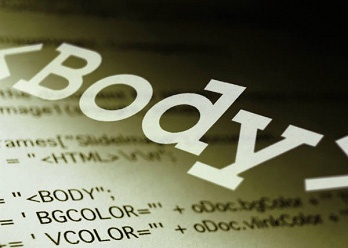There is more to understanding and caring for human bodies and minds than biological sciences and technologies based upon them.
Now the University of Aberdeen has launched a course dedicated to exploring the ‘human side’ of medicine.
The University’s Centre for Lifelong Learning will run a series of courses exploring health and medicine from the perspectives of the humanities and social science, which will initially lead to a certificate and could eventually be developed into a full degree programme.
The programme is open to anyone with a professional or lay interest in medicine.
The new Centre for Lifelong Learning programme builds upon the experience of the University in providing ‘medical humanities’ courses as part of the medical degree, and, more recently, in providing an ‘intercalated’ degree in medical humanities for medical students. This involves medical students taking a year out to study in the College of Arts and Social Sciences.
The new courses will explore issues around the history, philosophy, and ethics of medicine, the roles of spirituality in health and illness, and the insights that can be obtained through studying the representation of sickness, health, doctors and patients in literature and the media. Another course will consider the history of disability in society.
Dr David Smith, Senior Lecturer in the History of Medicine and co-coordinator of the Centre for Medical Humanities, said: “The humanities and social sciences offer insights into the roles of medicine in society, and the perspectives and experience of medical professionals and patients, which can help improve communication, and the medical profession-patient relationship.
“But the Centre for Life Long Leaning courses will be of interest to anyone with a general interest in medicine and health, and those involved with complementary medicine as well as the other health care professions’.
Doctor Leigh Clayton, Lifelong Learning Co-ordinator, added: “The courses will look at medicine from alternative perspectives to that of clinical science, drawing on texts and theories from the humanities, arts and social sciences.
“These perspectives will be used to reflect on the personal aspects of illness and the cultural and social contexts in which medicine is practised.
“For health professionals who take these courses, they can help with their personal and professional development, and, in turn, result in better standard of personal care for patients.”


